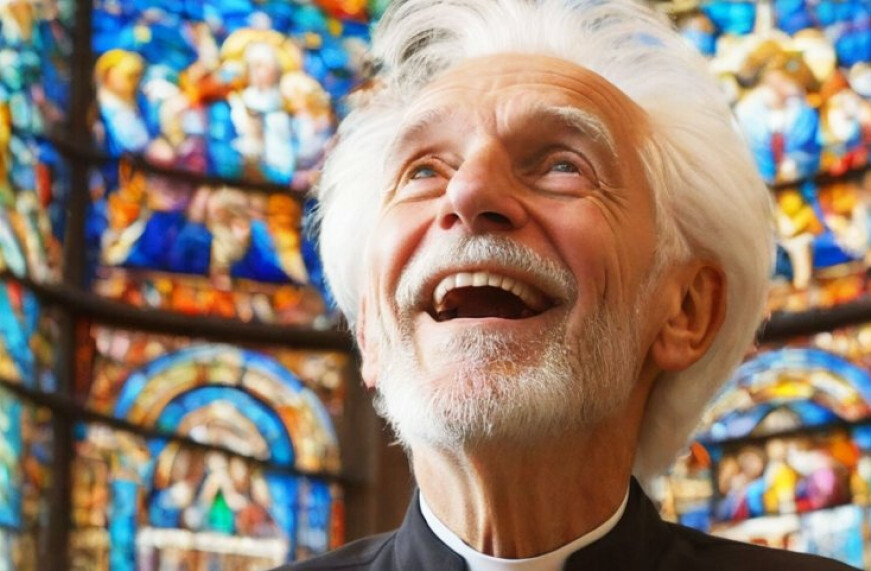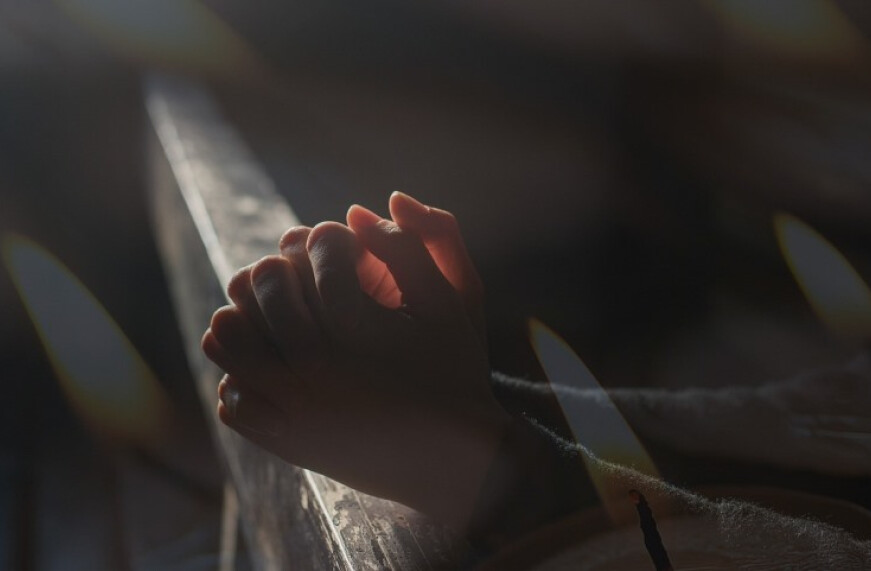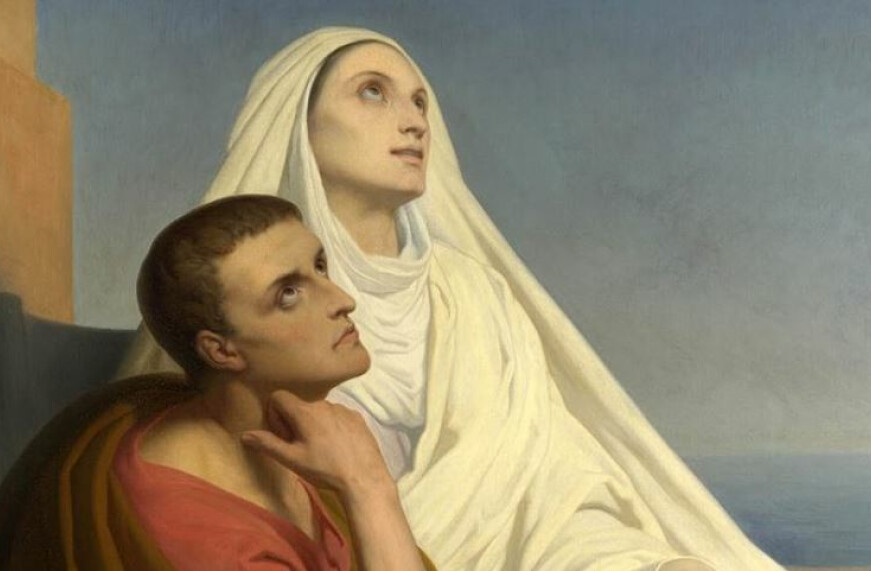Joyful Witness

Our VISION: To be a spiritual home that radiates the love of God, overflows with the power of the Holy Spirit, and joyfully leads others to Christ.
“Proclaiming Christ means showing that to believe in and to follow Him is not only something right and true, but also something beautiful, capable of filling life with new splendor and profound joy, even in the midst of difficulties. To be evangelizers of souls, we need to develop a spiritual taste for being close to people’s lives and to discover that this is itself a source of greater joy. To be Mission is at once a passion for Jesus and a passion for His people.” ~ Pope Francis
Does this quote from Pope Francis enlighten your understanding of the last part of our vision statement?
The Body of Christ, the Church grows through witness; a particular kind of witness – one that is joyful and also authentic. It is this type of witness to Jesus that will lead other people to seek, know, and become Christ.
Fr. Ben J. Cameron, C.P.M. in his article, “Joyful Witness to Christ or Proselytism?” shared what his idea of witness includes:
- Evangelization: bringing the Gospel to those who have not received or accepted it yet.
- New Evangelization: bringing the Gospel again to those persons and societies that had once embraced it, but have essentially lost the Faith.
- Catechesis: education and formation of those who have the Faith so that they grasp it more deeply and live it more authentically.
- Apologetics: being ready “to give reasons for the hope that is within you” (I Peter 3:15), which can be a powerful way of bringing people to Christ and our Catholic Faith.
- Christian Charity: a life which is truly based on the teachings of Jesus Christ and His Church should be attractive to others, and lead them to Christ.
- Martyrdom: the martyrs are the ultimate witnesses to Our Lord Jesus Christ; the word “martyr” means “witness,” and the willingness to die for Christ has led many, many souls to embrace our Catholic Faith – “the blood of the martyrs is the seed of Christians,” as Tertullian said in the second century.
Pope Francis has called each and every one of us to live and witness to Christ much more authentically and joyfully. And this joyful witness to Christ will attract other people to the Church. In the 17th century, St. Francis de Sales said that you “attract more flies with a teaspoon of honey than with a whole barrel of vinegar.” A true joyful witness will attract many persons to the truth, beauty, and goodness of our Catholic Faith.
May we all be such joyful witnesses, leading other to Christ!


